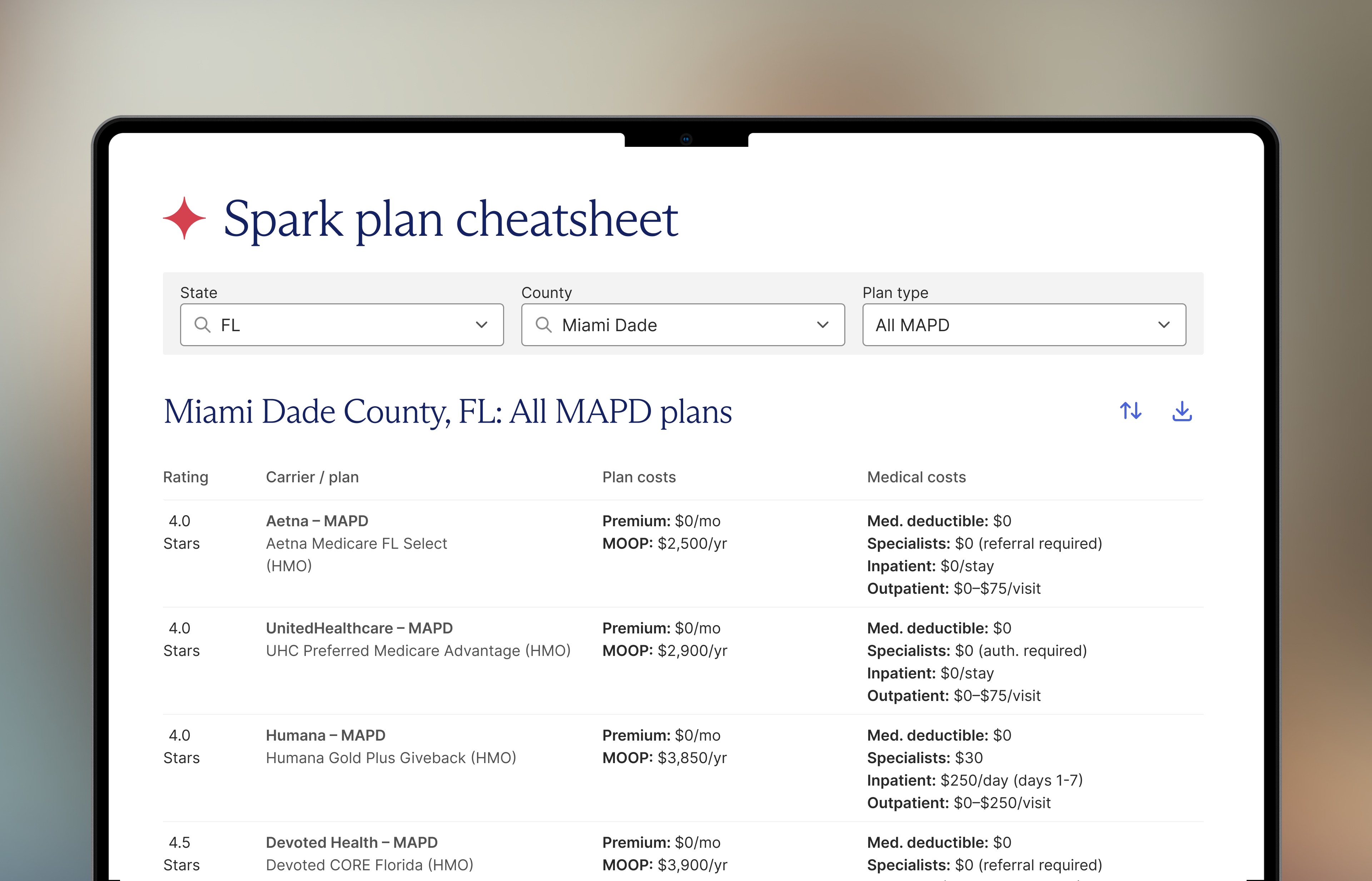The U.S. government created the Families First Coronavirus Response Act (FFCRA) to keep people continuously enrolled in Medicaid during the pandemic. However, the three-year program expired last month (March 2023), and now between 5 to 14 million people may lose Medicaid coverage over the next year even though they are still eligible. Since Medicaid is orchestrated at the state-level, each state has developed its own plan to manage the "redetermination process." Put simply, over the next 12 to 18 months each state will start determining who is still eligible for Medicaid, and remove coverage for those no longer eligible.
Here's what you need to know as a healthcare agent who supports Medicare beneficiaries:
- Keep current clients on Medicaid who qualify. Clients who are on a D-SNP plan requiring them to be eligible for Medicaid (QMBs) may lose their eligibility without intending too. This would force them to change plans, and other agents might assist them with doing this. You want to make sure that all your clients know exactly what do to to maintain coverage.
- Find a new plan for clients who no longer qualify. Clients who are on a D-SNP plan may no longer be eligible for Medicaid and may need to actually change plans. You want to ensure that your existing clients know that you can assist them.
- Help prospects change plans. Since the end of continuous enrollment triggers a special enrollment period (SEP) for people who lose Medicaid coverage, during which they can move to a new plan. You should assist prospects with identifying plans that they are eligible for.
- Help prospects and get credit for keeping them on their existing plan. You may be working at community centers and assisting beneficiaries with maintaining Medicaid coverage. You can do good, and get some credit too. Many beneficiaries do not have an "agents-of-record" with their carrier, and you can make AoR changes so you receive the commission.
- Tell clients to update their address with the state. Each state is rolling out a different process for how they are determining eligibility. In general, states will mail a letter to beneficiaries who may no longer qualify over multiple months. Contact information (address, phones, email) is often not up-to-date, so we would encourage you to proactively let beneficiaries know that they should update their address with their State Medicaid office and Medicare plan.
- Clients may receive communication from both state and Federal organizations. Clients may receive notices from their Department of Health and Human Services or CMS with updates regarding their loss of coverage, such as Low Income Subsidies. Make sure the clients know they can reach out to you if they have questions.
- Alert physicians and other organizations. Become the go-to advocate for your local referral partners (or build new ones!). Demonstrate your expertise in Medicaid, and make sure that your partners are aware of the redetermination process and why they should care about it.
In short, you can expect a lot more questions from your clients about their Medicaid eligibility over the next year, but you can proactively get ahead of them by sharing this information and directing clients to update their contact information with the State. Of course our team of Navigators are excited to support you and your clients should you run into any issues. For more information, visit your state's Medicaid office website (e.g. here for New York, Texas, and Florida)
.png)
.jpeg)




.png)

















.png)




.png)
.png)

.png)
.png)
.jpeg)


.png)
.png)










.jpeg)





.png)





.png)






.png)

.png)
.png)




.png)
